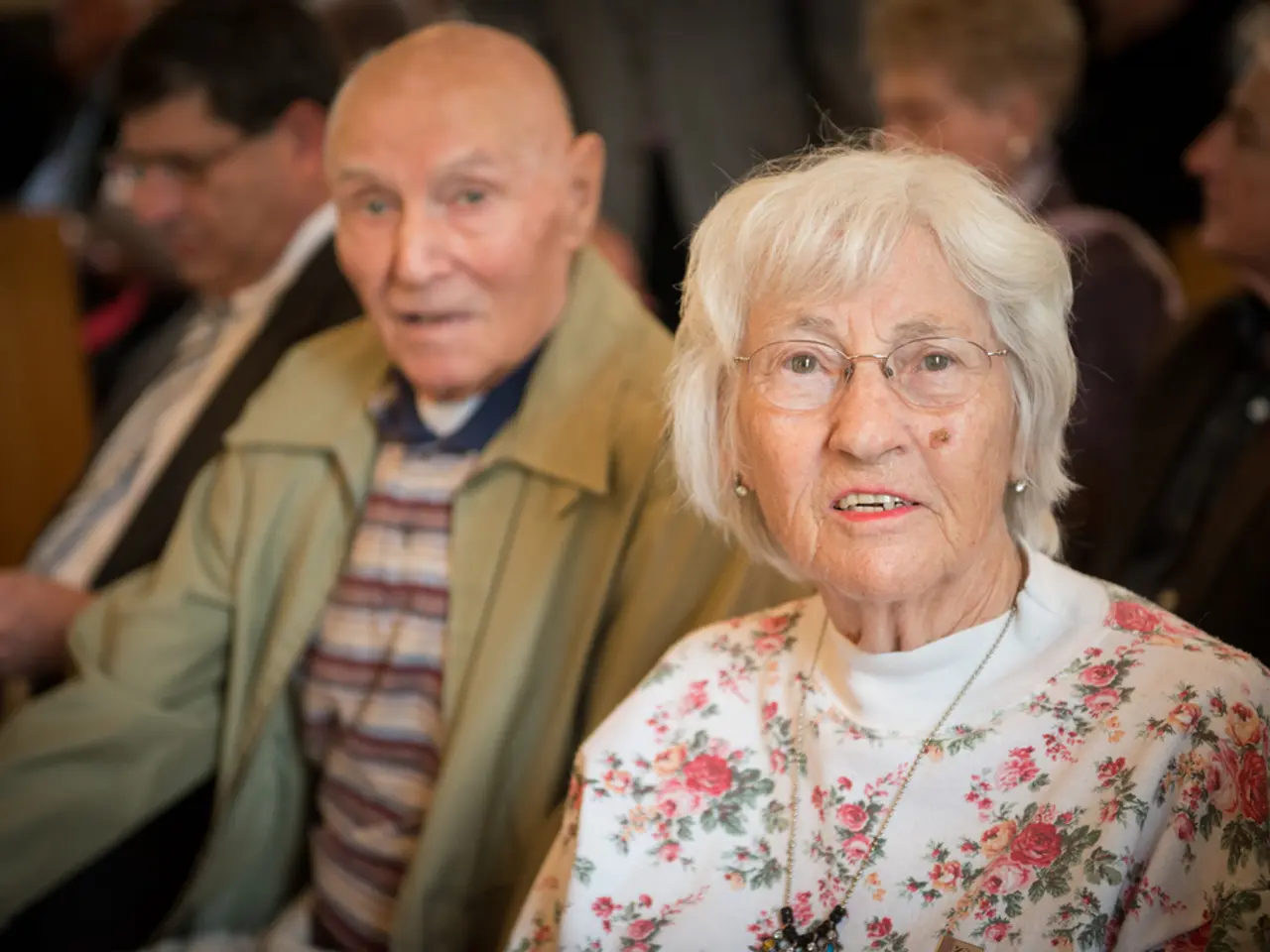Grasping the Nuances of Senior Citizen Legislation on a Global Scale: An Overarching Viewpoint on International Elder Law
**Current International Perspectives on Harmonizing Elder Law: A Journey Towards Greater Cooperation**
The harmonization of elder law, a specialized area focusing on the unique needs and rights of older adults, is a growing global conversation. Although a single, binding treaty has yet to be established, several perspectives and efforts are shaping the discourse.
**Global and Regional Collaboration**
Recognizing the importance of collaboration, international organizations such as the United Nations, African Union, and European Union, as well as regional bodies, are working together to promote legal coherence and avoid duplication. This collaboration respects regional diversity while following common principles.
**Soft Law and Flexible Instruments**
Harmonization is often pursued through model laws, guides to good practice, and non-binding principles rather than binding treaties. This approach allows legal systems with different traditions to adopt common approaches without imposing rigid obligations, accommodating local legal cultures and priorities.
**Technological and Digital Integration**
As law and society digitize, harmonization efforts increasingly address digital issues relevant to older persons, such as electronic guardianship, digital identity, and online dispute resolution, ensuring frameworks remain relevant in a digital age.
**Focus on Rights-Based Approaches**
International bodies and civil society advocate for rights-based frameworks, emphasizing the dignity, autonomy, and non-discrimination of older persons. The UN Principles for Older Persons (1991) and the Open-Ended Working Group on Ageing are examples of such efforts, although a binding UN convention on the rights of older persons has not yet been adopted.
**Best Practices for Harmonizing Elder Law Frameworks**
**Comparative Analysis and Learning**
Countries are encouraged to study and adapt successful legal mechanisms from other jurisdictions, particularly in areas such as guardianship, elder abuse prevention, healthcare decision-making, and social protection.
**Multi-Stakeholder Engagement**
Effective harmonization requires the involvement of governments, judiciary, civil society, older persons’ organizations, and academia to ensure laws reflect practical realities and diverse needs.
**Capacity Building and Technical Assistance**
International organizations provide technical support to help countries reform and harmonize their laws, including through training programs for legal professionals. These programs help build local expertise and foster a shared understanding of international standards.
**Balancing Flexibility with Coherence**
Best practices suggest developing flexible, principle-based frameworks that can be adapted to national contexts, similar to the approach seen in the Hague Conventions and UNCITRAL model laws.
**Regional Harmonization Initiatives**
In regions with shared legal traditions or economic integration, harmonization can be more achievable. Tailored instruments for specific issues—such as cross-border recognition of powers of attorney or elder abuse protections—are being explored.
**Promoting Mediation and ADR**
The growing use of mediation and alternative dispute resolution, as promoted by the Singapore Convention on Mediation, offers a model for resolving elder law disputes across borders in a more accessible and less adversarial manner.
**Challenges and Limitations**
Despite these efforts, challenges remain. Differences in family structures, social norms, and legal systems complicate efforts to create fully harmonized elder law frameworks. The absence of a comprehensive, binding international convention on the rights of older persons limits the enforceability of harmonized standards. Implementation and enforcement remain inconsistent across countries.
**Moving Forward**
While no single, harmonized global elder law framework exists, the current trend is toward greater international cooperation, use of soft law, regional harmonization, and integration of digital and rights-based approaches. Best practices emphasize flexibility, capacity building, and multi-stakeholder engagement, with lessons drawn from successful harmonization efforts in related fields of private and commercial law. The challenge remains to balance global coherence with respect for local values and legal traditions.
In some jurisdictions, elder abuse encompasses physical, emotional, financial, and sexual abuse, while others might include neglect and abandonment under its umbrella. Developing nations often encounter challenges in creating effective legal structures due to limited resources and differing societal views on aging. International treaties, such as the Convention on the Rights of Persons with Disabilities, play a significant role in shaping elder law by establishing legal frameworks that promote the protection of the elderly across borders. Technological advancements are influencing elder law, particularly in the areas of digital rights and telehealth, necessitating an informed approach from legal professionals to address issues like data protection, consent, and security in online platforms.
- Efforts in harmonizing elder law should also consider integrating best practices from other fields, such as workplace-wellness and health-and-wellness, where therapies and treatments for mental health, men's health, and women's health have seen significant advancements.
- Incorporating scientific knowledge from sectors like skin care and technology could aid in developing strategies for the prevention and treatment of age-related conditions, thus improving the quality of life for older adults.
- To improve the harmonization of elder law, there should be a focus on the use of technologies that facilitate efficient and secure digital services, upholding the principles of privacy and data protection, as seen in the growth of CBD-based products and their regulatory frameworks.
- As part of a comprehensive approach to elder law, it is essential to address the unique challenges faced by older adults in areas like aging and Medicare, ensuring they receive equitable access to affordable health care services.
- Implementing coordinated, evidence-based strategies for elder abuse prevention and response would be a significant step towards securing the well-being of older adults worldwide.
- With the rise in cross-border collaboration, the importance of understanding and addressing the various cultural, social, and legal nuances of each region, ensuring a harmonized elder law framework remains sensitive and responsive to the diverse needs and perspectives of our global community, should not be underestimated.




